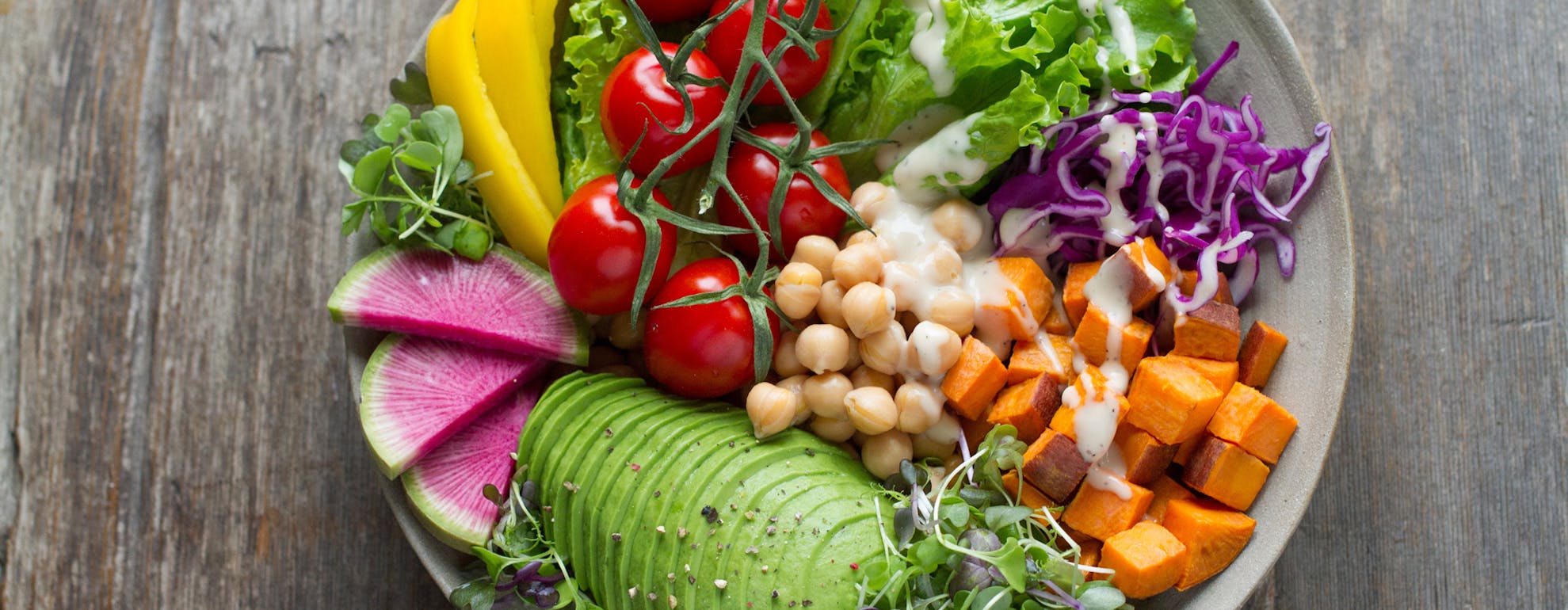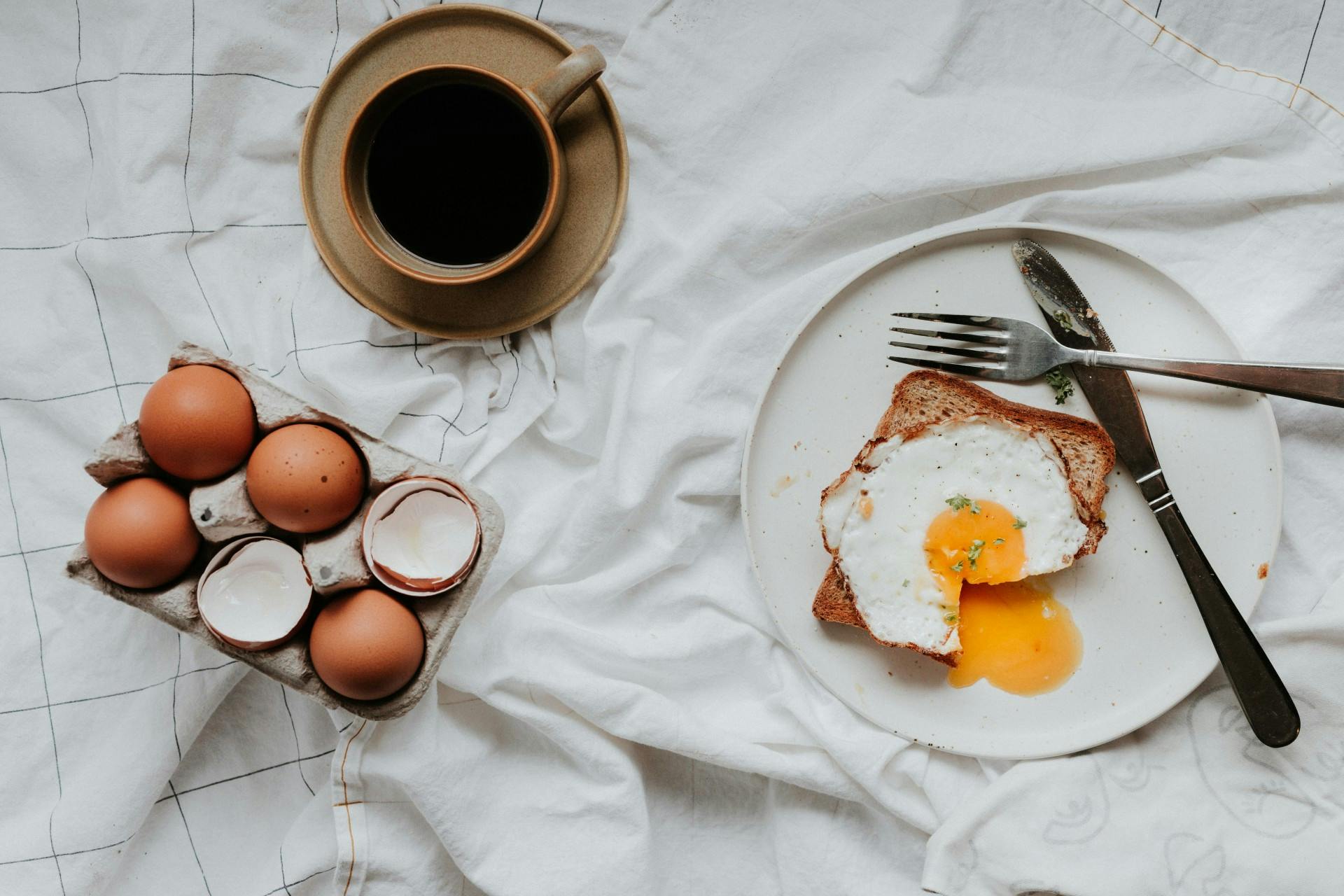
High Protein Foods for a Vegetarian Diet
Protein makes up the building blocks of the body and is essential for growth, repair and a whole host of other functions essential to a strong, healthy body. Vegetarian diets are also often criticised for falling short of sufficient protein and essential amino acids that are vital for strong health.
However, the truth is that it’s perfectly possible to give up meat without risking a protein deficiency with a varied, nutritionally rich vegetarian diet. It’s all about gaining protein from the right sources.
ㅤ
WHY IS PROTEIN SO IMPORTANT?
Proteins are known as building blocks for a reason, as protein is essential for key processes including cell building and renewal, healthy bones, muscles and connective tissues, hormone regulation, enzyme production and even the haemoglobin that carries oxygen around the body. We need around 0.36g of protein for every pound we weigh to maintain these vital functions.
ㅤ

Photo by Sebastian Coman Photography on Unsplash
ㅤ
HOW DO WE GET PROTEIN?
Proteins are made up of 20 different amino acids, nine of which the body is unable to produce on its own. These are known as “essential amino acids” and must therefore be present in our diets. These are:
Isoleucine
Leucine
Lysine
Methionine
Phenylalanine
Threonine
Tryptophan
Valine
Histidine (essential for infants)
ㅤ
WHAT IS A COMPLETE PROTEIN?
Meat is known as a “complete protein” because it combines all 9 amino acids. Nuts, lentils, beans and grains on the other hand are known as “incomplete proteins.” The good news for vegetarians is that incomplete proteins can join together - and by properly combining different food types, they can form a complete protein intake in every meal.
ㅤ
SOURCES OF PROTEIN
So where can vegetarians source their protein from? With a varied diet there are plenty of food sources available.
ㅤ
DAIRY/EGGS
A single large egg is a complete protein in itself, thanks to its perfect balance of amino acids – containing a great 6g of protein. Cheese also contains similar levels of protein to meat and fish, while a single cup of low fat milk contains up to 8g of protein.
ㅤ

Photo by Priscilla Du Preez on Unsplash
ㅤ
PLANT BASED FOODS
Plant based sources such as nuts, peas, beans and pulses can also provide a major part of our protein intake, and have the added benefit of avoiding the high levels of saturated fat associated with red meat. Beans, for example contain up to 15g of protein per serving, while a half cup of quinoa contains up to 4g of protein, and finally an ounce of nuts has a protein content of between 4 and 8g.
ㅤ
EVERYDAY FOODS
Everyday plant based foods that are often considered to be sources of carbohydrates can also help to form part of our protein intake. Rice, grains and pasta all contain a significant and highly useful amount of protein. For example, 100g of wholemeal bread contains 9.4g of protein.
ㅤ
EXAMPLE PROTEIN SOURCES
So, going back to the essential amino acids, here are some examples of where you can tick off each one, on a vegetarian diet.
Isoleucine: Eggs, cottage cheese, sunflower seeds, spinach
Leucine: Eggs, cottage cheese, kidney beans, tofu, peas
Lysine: Eggs, soy protein, spinach, tofu
Methionine: Eggs, soy protein, sesame seeds, brazil nuts, quinoa, oatmeal
Phenylalanine: Eggs, cheese, kidney beans, spinach, yoghurt, chickpeas
Threonine: Eggs, water cress, sesame seeds, cottage cheese
Tryptophan: Eggs, Mozzarella, Sunflower seeds, asparagus
Valine: Eggs, mushroom, watercress, wholegrains, nuts
Histidine: Eggs, wholegrain rice, mushroom, cauliflower
ㅤ
COMBINING PROTEINS
As a general rule, food groups of a vegetable origin will have an imbalance of proteins, but combining different foods can help correct this to deliver a complete protein intake.
The Vegetarian Society recommends that vegetarians take special note of the amino acids Lysine and Methionine, because plant based foods will generally be particularly low on one or the other. This is particularly important for vegans who aren’t taking on animal based proteins.
For example, cereals including rice and oats are very low in Lysine but high in Methionine, whereas legumes such as peas, beans and lentils are high in Lysine and low in Methionine.
The key is to combine complementary proteins for example beans and rice, or hummus and bread to optimise your protein intake as part of a balanced diet.
Keen to learn more about fuelling for performance and adventures? Then check out our Nutrition category for more handy tips, advice and recipes.
Welcome
Welcome to the SportsShoes Nutrition Hub! We’ve teamed up with the experts to bring you the very best advice on the best foods to fuel you and your adventures.
Read More
Share this
Featured Articles
View All